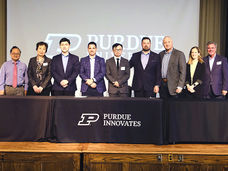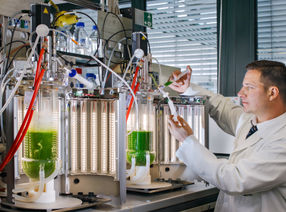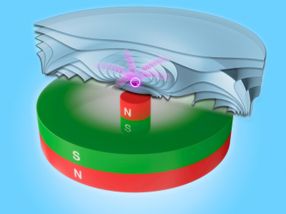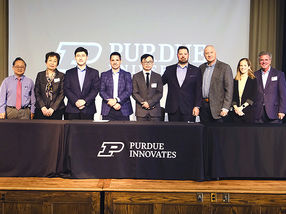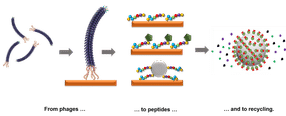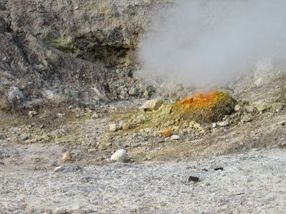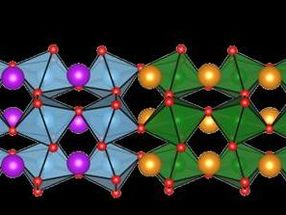Rare earths - 57 News
Tip: You can further refine your news selection by departments, organizations, countries and industries.
Rare earths - 57 News
Tip: You can further refine your news selection by departments, organizations, countries and industries.
Loading...
Rare earths - News by department
Rare earths - News by industry
Rare earths - News by country
Haven't found the right news yet?
The chemeurope.com news search
Start your targeted search now with a wide range of filter options. Our database includes an archive of 27,535 chemistry news from business and science, which you can search by topic and organization, filtered by time and geography.








